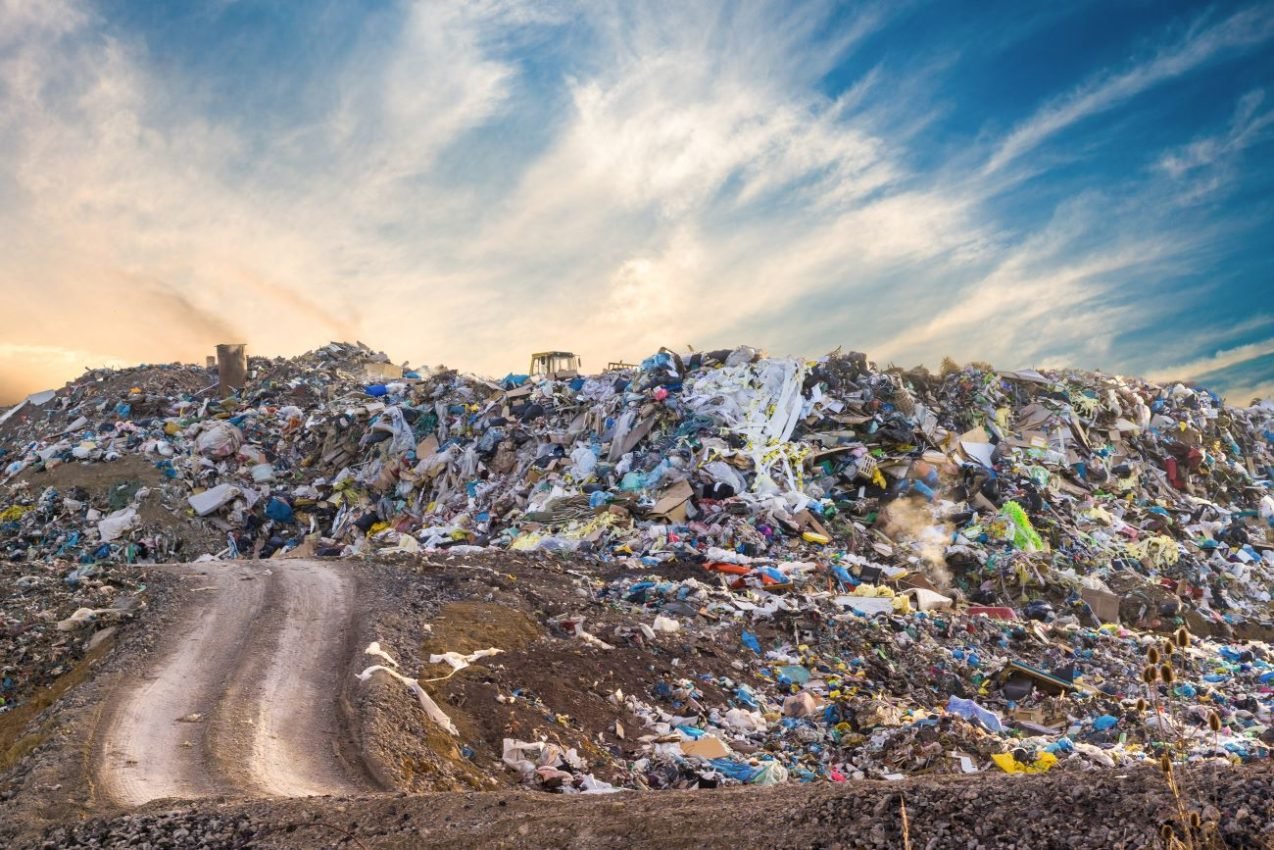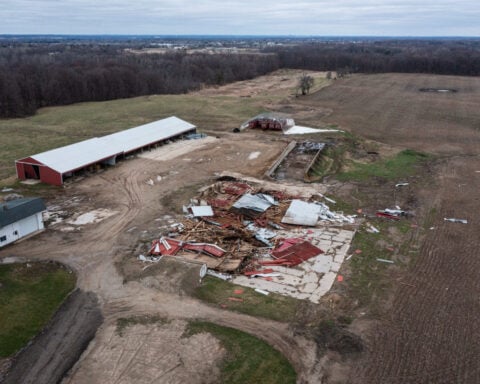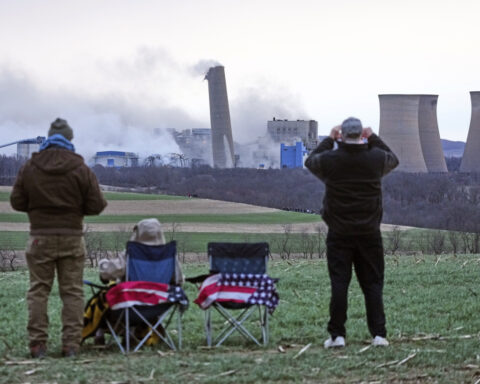In the sunny state of California, inadequate facilities for managing hazardous waste are a prevalent environmental problem. California still needs to deal with obsolete trash facilities that have a concerning history of safety violations, despite the state's reputation for progressive regulations.
These facilities have been displaying signs of distress for decades, yet they are essential to the state's capacity to handle the millions of tons of hazardous waste it produces each. There are actual consequences, such as the risk to human health, the disturbance of biological systems, and the poisoning of groundwater sources. A recent study by CalMatters shed light on the system's bleak realities: antiquated facilities with lax safety measures and contaminated soil. Many of these locations are situated within minority populations, who are already experiencing economic hardship. This intersection seems to go against the spirit of environmental fairness.
About 19,000 people call Santa Fe Springs, Los Angeles County, home. One of the largest trash facilities in California, Phibro-Tech, is located there. On the one hand, Phibro-Tech is relied upon by industry heavyweights like Intel and TTM Technologies to handle their hazardous waste requirements. Despite being located so close to a Latino, low-income neighborhood, this plant has frequently disregarded rules meant to protect its employees, the local environment, and the neighborhood itself.|
Phibro-Tech has been the focus of recent investigations by the California Department of Toxic Substances Control, which have shown a number of problems, such as abandoned polluted sites, leakage problems, and inadequate barriers. They've committed further wrongdoings as well. They have been punished by sanitation officials for pumping polluted wastewater and have been cited by local air pollution watchdogs for leaking toxic ammonia gas.
Communities in the area, such as Los Nietos, claim that contaminations on the facility's grounds are responsible for unpleasant odors and legitimate health concerns. Their worries are compounded by the increased "pollution burden" in their immediate environment.
Regulatory intricacy heightens these worries. Existing regulations allow trash plants to operate without valid permits for as long as the lengthy permit renewal procedure takes. Because of this gap, many people routinely disregard safety regulations. To give some background, in 1996 Phibro-Tech lost its "continued permit," which was the oldest of its kind in the state.
In 2015, lawmakers recognized the critical need and established rules requiring regulators to take the "cumulative effect" on communities into account when making decisions about permit issuance. Years have passed, yet the majority of these orders have not been carried out, placing communities at risk.

 Trump has begun another trade war. Here's a timeline of how we got here
Trump has begun another trade war. Here's a timeline of how we got here
 Canada's leader laments lost friendship with US in town that sheltered stranded Americans after 9/11
Canada's leader laments lost friendship with US in town that sheltered stranded Americans after 9/11
 Chinese EV giant BYD's fourth-quarter profit leaps 73%
Chinese EV giant BYD's fourth-quarter profit leaps 73%
 You're an American in another land? Prepare to talk about the why and how of Trump 2.0
You're an American in another land? Prepare to talk about the why and how of Trump 2.0
 Chalk talk: Star power, top teams and No. 5 seeds headline the women's March Madness Sweet 16
Chalk talk: Star power, top teams and No. 5 seeds headline the women's March Madness Sweet 16
 Purdue returns to Sweet 16 with 76-62 win over McNeese in March Madness
Purdue returns to Sweet 16 with 76-62 win over McNeese in March Madness








